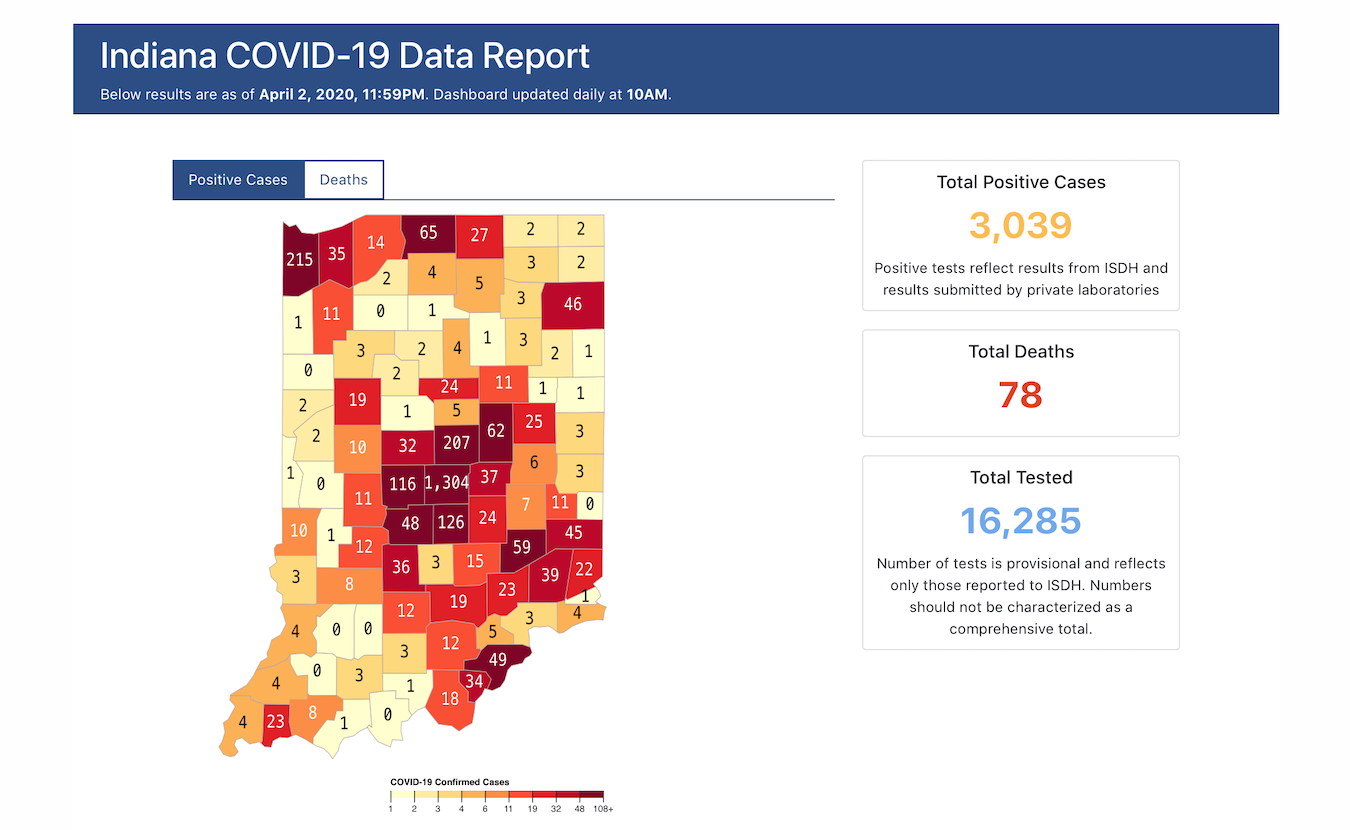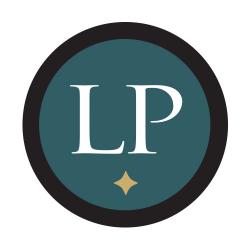As COVID-19 spreads, and the death rate climbs, its damage to workers and the economy seems unrelenting. The Coronavirus Aid, Relief, and Economic Security (CARES) Act that was recently passed by Congress offers programs and initiatives for small business owners, independent contractors, nonprofits, and cooperatives. These include the Paycheck Protection Program, the Small Business Debt Relief Program, and the Economic Injury Disaster Loans & Emergency Economic Injury Grants.
The U.S. Senate Committee on Small Business and Entrepreneurship released this guide to the CARES Act that explains each program. A brief excerpt is below for the Paycheck Protection and Debt Relief programs, followed by more-detailed information explaining the Economic Injury Disaster Loans & Emergency Economic Injury Grants for eligible nonprofits, independent contractors, and cooperatives.
According to the guide, Emergency Economic Injury Grants do not need to be repaid, although applying for an Economic Injury Disaster Loan is required:
These grants provide an emergency advance of up to $10,000 to small businesses and private non-profits harmed by COVID-19 within three days of applying for an SBA Economic Injury Disaster Loan (EIDL). To access the advance, you first apply for an EIDL and then request the advance. The advance does not need to be repaid under any circumstance, and may be used to keep employees on payroll, to pay for sick leave, meet increased production costs due to supply chain disruptions, or pay business obligations, including debts, rent and mortgage payments.
Sean Starowitz, the City of Bloomington’s assistant director for the arts, said in an email to nonprofits and artists, “I highly suggest looking into the federal programs being offered through the CARES Act.… These federal programs are going to be the most immediate way to get some relief/support for your organization/business.” In a separate email to Limestone Post, he wrote, “The City is also working on local support options to augment federal programs.”
Here is the introduction to the guide, followed by information on and directions for applying for an Economic Injury Disaster Loan:
>
The Small Business Owner’s Guide to the CARES Act
The programs and initiatives in the Coronavirus Aid, Relief, and Economic Security (CARES) Act that was just passed by Congress are intended to assist business owners with whatever needs they have right now. When implemented, there will be many new resources available for small businesses, as well as certain non-profits and other employers. This guide provides information about the major programs and initiatives that will soon be available from the Small Business Administration (SBA) to address these needs, as well as some additional tax provisions that are outside the scope of SBA.
To keep up to date on when these programs become available, please stay in contact with your local Small Business Administration (SBA) District Office, which you can locate here.
Struggling to get started? The following questions might help point you in the right direction. Do you need:
- Capital to cover the cost of retaining employees? Then the Paycheck Protection Program might be right for you.
- A quick infusion of a smaller amount of cash to cover you right now? You might want to look into an Emergency Economic Injury Grant.
- To ease your fears about keeping up with payments on your current or potential SBA loan? The Small Business Debt Relief Program could help.
- Just some quality, free counseling to help you navigate this uncertain economic time? The resource partners might be your best bet.
Economic Injury Disaster Loans & Emergency Economic Injury Grants
These grants provide an emergency advance of up to $10,000 to small businesses and private non-profits harmed by COVID-19 within three days of applying for an SBA Economic Injury Disaster Loan (EIDL). To access the advance, you first apply for an EIDL and then request the advance. The advance does not need to be repaid under any circumstance, and may be used to keep employees on payroll, to pay for sick leave, meet increased production costs due to supply chain disruptions, or pay business obligations, including debts, rent and mortgage payments.
FREQUENTLY ASKED QUESTIONS
QUESTION: Are businesses and private non-profits in my state eligible for an EIDL related to COVID-19?
Answer: Yes, those suffering substantial economic injury in all 50 states, DC, and the territories may apply for an EIDL.
QUESTION: What is an EIDL and what is it used for?
Answer: EIDLs are lower interest loans of up to $2 million, with principal and interest deferment at the Administrator’s discretion, that are available to pay for expenses that could have been met had the disaster not occurred, including payroll and other operating expenses.
QUESTION: Who is eligible for an EIDL?
Answer: Those eligible are the following with 500 or fewer employees:
- Sole proprietorships, with or without employees
- Independent contractors
- Cooperatives and employee owned businesses
- Tribal small businesses
Small business concerns and small agricultural cooperatives that meet the applicable size standard for SBA are also eligible, as well as most private non-profits of any size. See below for more info on size standards.
QUESTION: My private non-profit is not a 501(c)(3). Is it still eligible for an EIDL and a grant?
Answer: Yes, if you are a private non-profit with an effective ruling letter from the IRS, granting tax exemption under sections 501(c), (d), or (e) of the Internal Revenue Code of 1954, or if you can provide satisfactory evidence from the State that the non-revenue producing organization or entity is a non-profit one organized or doing business under State law. However, a recipient that is principally engaged in teaching, instructing, counseling, or indoctrinating religion or religious beliefs, whether in a religious or secular setting, or primarily engaged in political or lobbying activities is not eligible to receive an EIDL. If you are uncertain whether you qualify, please consult with legal counsel to determine whether your organization meets program criteria.
QUESTION: Who is eligible for an Emergency Economic Injury Grant?
Answer: Those eligible for an EIDL and who have been in operation since January 31, 2020, when the public health crisis was announced.
QUESTION: How long are Emergency Economic Injury Grants available?
Answer: January 31, 2020 – December 31, 2020. The grants are backdated to January 31, 2020 to allow those who have already applied for EIDLs to be eligible to also receive a grant.
QUESTION: If I get an EIDL and/or an Emergency Economic Injury Grant, can I get a PPP loan?
Answer: Whether you’ve already received an EIDL unrelated to COVID-19 or you receive a COVID-19 related EIDL and/or Emergency Grant between January 31, 2020 and June 30, 2020, you may also apply for a PPP loan. If you ultimately receive a PPP loan or refinance an EIDL into a PPP loan, any advance amount received under the Emergency Economic Injury Grant Program would be subtracted from the amount forgiven in the PPP. However, you cannot use your EIDL for the same purpose as your PPP loan. For example, if you use your EIDL to cover payroll for certain workers in April, you cannot use PPP for payroll for those same workers in April, although you could use it for payroll in March or for different workers in April.
QUESTION: How do I know if my business is a small business?
Answer: Please visit https://www.sba.gov/size-standards/ to find out if your business meets SBA’s small business size standards. You will need the 6-digit North American Industry Classification Code for your business and your business’s 3-year average annual revenue.
QUESTION: How do I apply for an economic injury disaster loan?
Answer: To apply for an EIDL online, please visit https://disasterloan.sba.gov/ela/. Your SBA District Office is an important resource when applying for SBA assistance.
QUESTION: I am unfamiliar with the EIDL process, can anyone help me apply?
Answer: Yes, SBA resource partners are available to help guide you through the EIDL application process. You can find the nearest Small Business Development Center (SBDC), Women’s Business Center, or SCORE mentorship chapter at https://www.sba.gov/local-assistance/find/.


